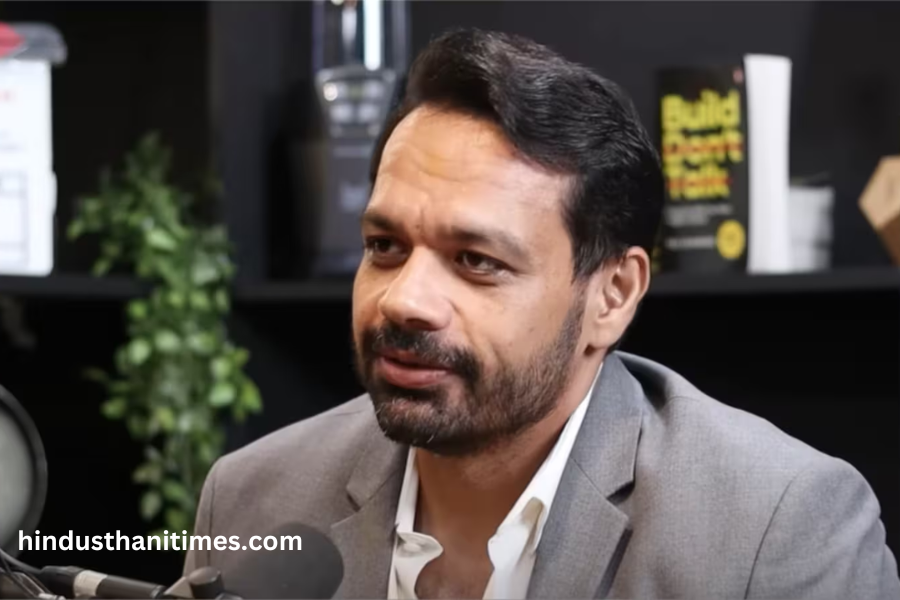Air Asia is a prominent low-cost airline that has revolutionized the travel industry in recent years. Founded in 1993 by Tony Fernandes, the airline quickly grew to become one of the largest and most successful budget carriers in the world. With its extensive network of destinations and affordable fares, Air Asia has made air travel accessible to millions of people, especially in Southeast Asia.
Overview of the Ceo’s Role
The CEO of Air Asia holds a crucial position in the company’s leadership structure. As the highest-ranking executive, the CEO is responsible for making strategic decisions that drive the airline’s growth and profitability. This includes overseeing the day-to-day operations, formulating business strategies, managing key stakeholder relationships, and ensuring the company’s financial health.
Importance of CEO Compensation
CEO compensation is a topic of great significance, as it not only reflects the value placed on executive leadership but also affects the overall functioning of the organization. The compensation package of a CEO is designed to attract and retain top talent, motivate performance, and align the interests of the CEO with those of the shareholders. It is a critical component in ensuring the CEO’s commitment to the long-term success of the company.
Factors Influencing CEO Compensation
The income of an Air Asia CEO is influenced by various factors. Firstly, the CEO’s experience and track record play a significant role in determining their compensation. A CEO with a proven history of success and leadership in the aviation industry may command a higher salary and benefits package.
Additionally, the size and financial performance of the company also impact CEO compensation. Larger companies with higher revenues and profits tend to offer more generous compensation packages to attract top talent.
Another factor that influences CEO compensation is the level of responsibility and complexity associated with the role. Leading a large airline like Air Asia requires managing a vast workforce, dealing with regulatory challenges, and making critical decisions in a highly competitive market. The demands placed on the CEO’s shoulders can warrant a higher compensation package.
Disclosure Requirements for CEO Compensation
To ensure transparency and accountability, publicly traded companies like Air Asia are required to disclose the compensation details of their top executives. The Securities and Exchange Commission (SEC) in the United States, for example, mandates companies to disclose CEO compensation in annual proxy statements. This allows shareholders and the public to assess whether the CEO’s compensation is reasonable and justifiable based on the company’s performance.
Analysis of Air Asia Ceo’s Income
When analyzing the income of Air Asia’s CEO, Tony Fernandes, it is important to consider both the salary and other forms of compensation. While the exact figures may vary over time, it has been reported that Fernandes receives a substantial base salary, which is augmented by performance-based bonuses and stock options. These additional incentives are tied to the company’s financial performance and share price, aligning Fernandes’ interests with those of the shareholders.
Comparison With Other Airline Ceos
To gain a better understanding of the Air Asia CEO’s income, it is helpful to compare it with the compensation of other airline CEOs. When compared to CEOs of major legacy carriers, Fernandes’ income is relatively modest.
This is in line with Air Asia’s low-cost business model, where cost efficiency is a core principle. However, it is worth noting that the compensation of airline CEOs can vary significantly based on factors such as the size and profitability of the company, market conditions, and industry norms.
Public Perception and Criticism
The topic of CEO compensation often attracts public attention and can be a subject of criticism. Some argue that CEO salaries, are excessively high and not justified by their contributions to the company.
Others believe that CEOs should be rewarded for their leadership and the value they bring to the organization. Public perception of CEO compensation can influence the company’s reputation and stakeholder relations.
Potential Impact on Company Performance
The income of the Air Asia CEO can have a significant impact on the company’s performance. A well-compensated CEO who is motivated and incentivized to drive the company’s growth can contribute to its success.
Conversely, if CEO compensation is perceived as excessive or misaligned with company performance, it may lead to negative consequences such as employee dissatisfaction, public backlash, and even investor unrest. Therefore, finding the right balance in CEO compensation is crucial for Air Asia’s sustained success.
Conclusion
The income of the Air Asia CEO, Tony Fernandes, is influenced by various factors such as experience, company size, and performance. While CEO compensation is important in attracting and retaining top talent, it is also a subject of public scrutiny and can impact the company’s reputation. By ensuring transparency and aligning CEO compensation with company performance, Air Asia can strike a balance that motivates its CEO while fostering stakeholder trust and promoting long-term success.



